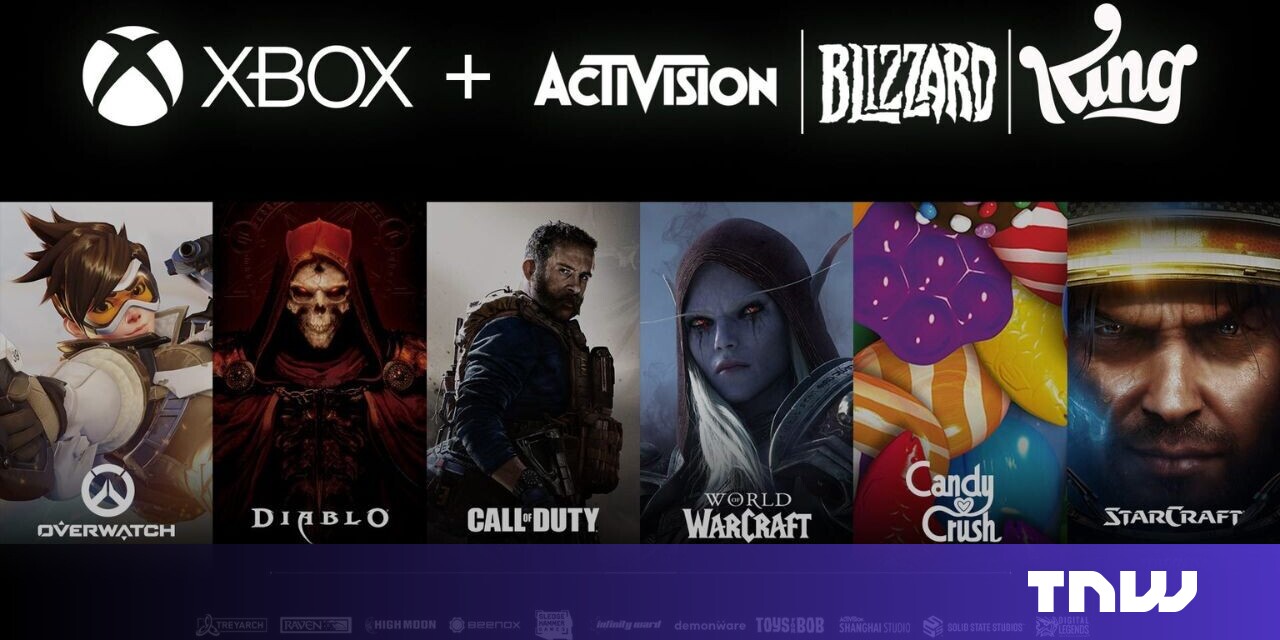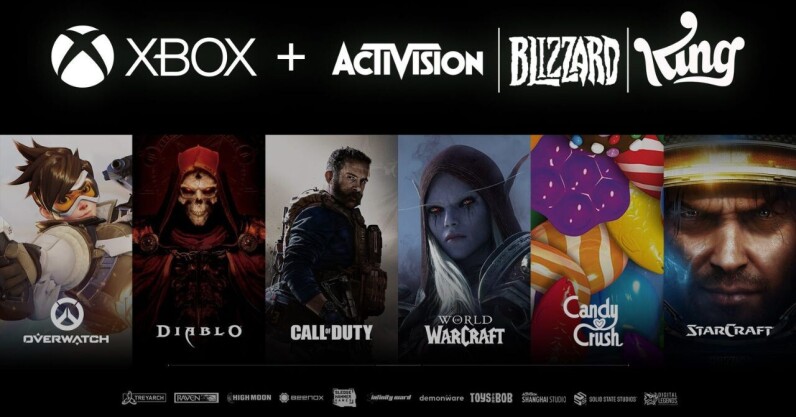
Eu regulators have greenlit Microsoft’sacquisition of gaming giant Activision Blizzard, but analysts warn that the deal remains a long way from completion.
The EU approved the $69 billion (€63bn) takeover after Microsoft agreed to several pro-competition remedies. Most notably, the company pledged to automatically license popular Activision Blizzard games, such as Call of Duty, to rival cloud gaming services.
“The commitments offered by Microsoft will enable for the first time the streaming of such games in any cloud game streaming services, enhancing competition and opportunities for growth,” said Margrethe Vestager, the EU’s antitrust czar.
With our ???????? clearance #Activition Blizzard’s games will also be available on cloud. This is good for competition and innovation and brings games to many more devices and consumers. #Microsoft‘s commitments will enable the streaming of games in any cloud game streaming service. https://t.co/DpcaRpiV7X
— Margrethe Vestager (@vestager) May 15, 2023
The decision comes just weeks after British regulators vetoed what would be the gaming industry’s biggest-ever deal. The shock move by the Competition and Markets Authority (CMA) sparked fears that the takeover would collapse.
Tickets are officially 80% sold out
Don’t miss your chance to be part of Europe’s leading tech event
The EU’s approval has revived optimism at Microsoft, but the merger still faces significant hurdles.
The ruling from the CMA could still be applied globally — and the regulator is sticking to its guns. Following the EU’s ruling, the authority doubled down on its position.
Sarah Cardell, chief executive of the CMA, warned that Microsoft’s proposals would define the market’s conditions for a decade.
“They would replace a free, open and competitive market with one subject to ongoing regulation of the games Microsoft sells, the platforms to which it sells them, and the conditions of sale,” she said.
“This is one of the reasons the CMA’s independent panel group rejected Microsoft’s proposals and prevented this deal. While we recognise and respect that the European Commission is entitled to take a different view, the CMA stands by its decision.”
This is one of the reasons the CMA’s independent panel group rejected Microsoft’s proposals and prevented this deal.
While we recognise and respect that the European Commission is entitled to take a different view, the CMA stands by its decision.
[5/5]
— Competition & Markets Authority (@CMAgovUK) May 15, 2023
The UK, however, is part of a shrinking minority. Following the EU’s decision, the deal has gained approval in an estimated 37 countries with well over 900 million inhabitants collectively.
Many analysts now doubt that the UK will prevent the deal from closing. Microsoft is appealing the CMA’s decision, and the British government appears to oppose the regulator’s stance.
Critics have also questioned the CMA’s antitrust argument. Mark Long, former Microsoft Xcloud program manager and CEO of AAA shooter Shrapnel, is confident about the prospects for his former employers.
“Ultimately, I think they win on appeal… because [Xbox head] Phil Spencer wants Xcloud on every platform he can cut a deal for, including Playstation and Switch,” Long told TNW. “Hard to argue that’s bad for consumers.”
Yet Microsoft also faces scrutiny closer to home. In the US, the Federal Trade Commission has sued to block the acquisition. The impending trial is unlikely to reach a decision before the year’s end.
Gareth Mills, partner at law firm Charles Russell Speechlys, warns that Microsof’s path to approval remains treacherous. He notes that the EU’s approval is merely conditional — and that further challenges remain.
“The picture is, therefore, more complex than a binary “approval/ rejection” of the respective regulators that supporters of the deal may seek to imply,” Mills told TNW.
“The saga is unlikely to come to an end anytime soon, with a legal complaint refiled last week in the Californian courts by gamers seeking an injunction, as well as Microsoft’s heralded appeal of the CMA’s decision and the US Federal Trade Commission’s case against the acquisition also still pending.”







